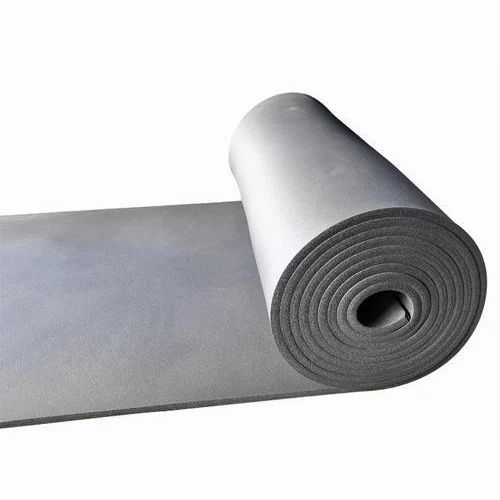Unveiling the Power of Insulators: Do They Truly Halt the Flow of Electricity?
In the realm of electrical systems and circuits, insulators play a vital role in ensuring the safe and efficient transmission of electricity. These materials, known for their ability to impede the flow of electric current, are commonly used in various applications, ranging from power lines and cables to electronic devices. However, the question remains: Do insulators truly stop electricity? In this article, we will delve into the fascinating world of insulators, exploring their mechanisms, applications, and the extent to which they can halt the flow of electricity.
- Understanding Insulators:
Insulators, also referred to as dielectrics, are materials that possess high resistivity, making it difficult for electric current to pass through them. Unlike conductors, which facilitate the flow of electricity, insulators act as barriers, preventing the movement of electrons. This property is crucial in electrical systems, as it helps maintain proper insulation, minimizes energy loss, and reduces the risk of electrical hazards. - Insulators and Electric Fields:
To comprehend how insulators impede the flow of electricity, we must examine the concept of electric fields. When a voltage is applied across a conductor, an electric field is established within the material. In conductors, electrons can easily move in response to this field, creating an electric current. However, in insulators, the tightly bound electrons within the atomic structure are not as free to move, resulting in minimal current flow. - The Role of Band Gaps:
One key factor that determines the insulating properties of a material is its band gap. In semiconductors and insulators, a band gap exists between the valence band (where electrons are bound) and the conduction band (where electrons can move freely). Insulators have a larger band gap compared to semiconductors, making it extremely difficult for electrons to bridge the gap and conduct electricity. - Insulators in Practice:
Insulators find widespread use in numerous applications, primarily focused on electrical insulation and safety. Power lines and cables are often coated with insulating materials to prevent current leakage and reduce the risk of electrical shocks. Insulators are also employed in electronic devices, such as circuit boards and transformers, to isolate different components and ensure proper functioning. - Limitations of Insulators:
While insulators are highly effective at impeding the flow of electricity, it is important to note that they are not perfect barriers. Under certain conditions, such as high voltages or extreme temperatures, insulators can experience breakdown and allow current to pass through. This phenomenon, known as electrical breakdown, can lead to equipment failure or even electrical fires. Therefore, proper selection and maintenance of insulating materials are crucial to ensure their reliability and safety.
Conclusion:
In conclusion, insulators play a critical role in electrical systems by impeding the flow of electricity and ensuring safety. Through their unique properties, such as high resistivity and large band gaps, insulators effectively minimize energy loss and reduce the risk of electrical hazards. However, it is essential to recognize the limitations of insulators and employ appropriate measures to prevent electrical breakdown. By understanding the intricacies of insulators, we can harness their power and create a safer and more efficient electrical infrastructure.

Post Comment